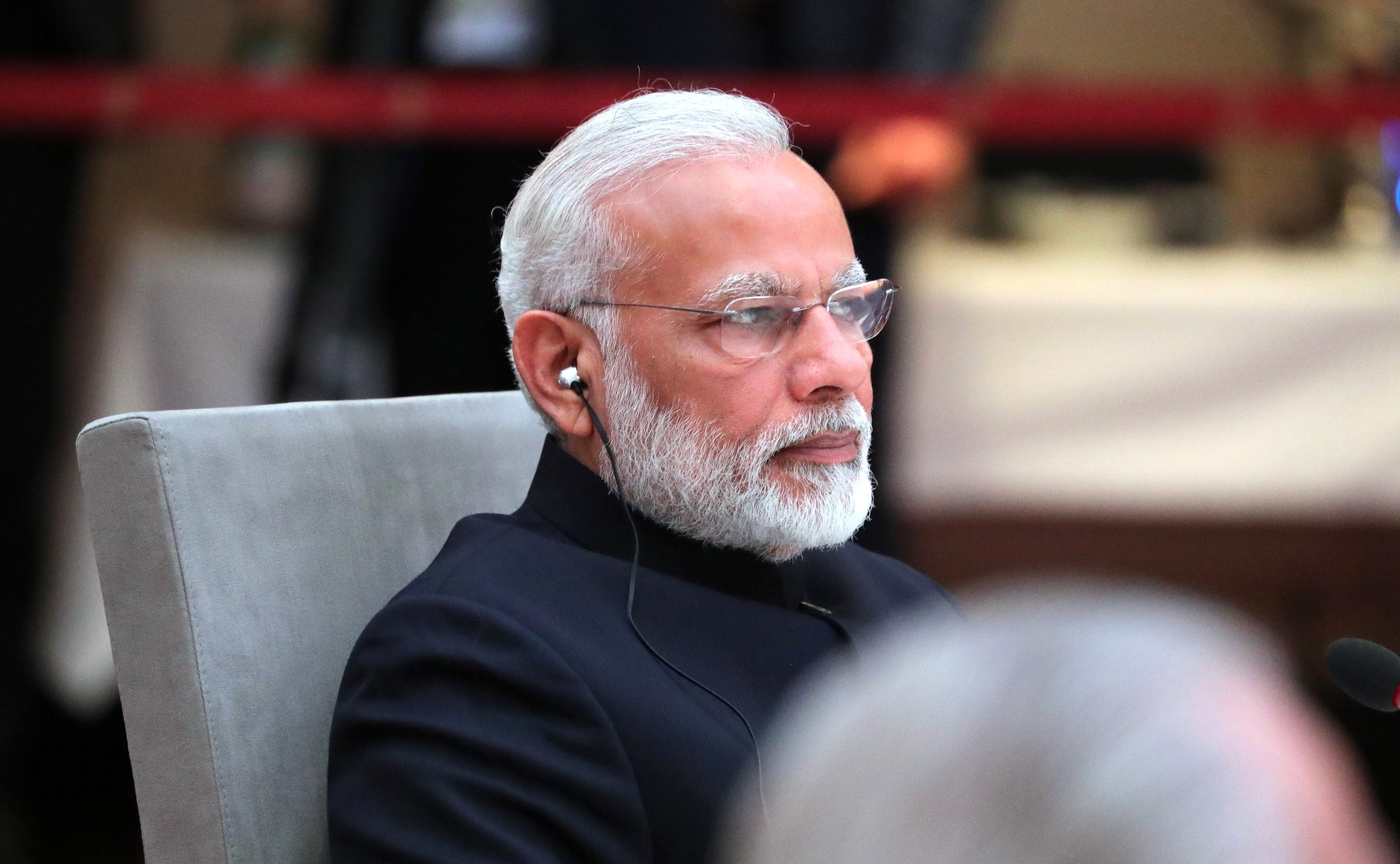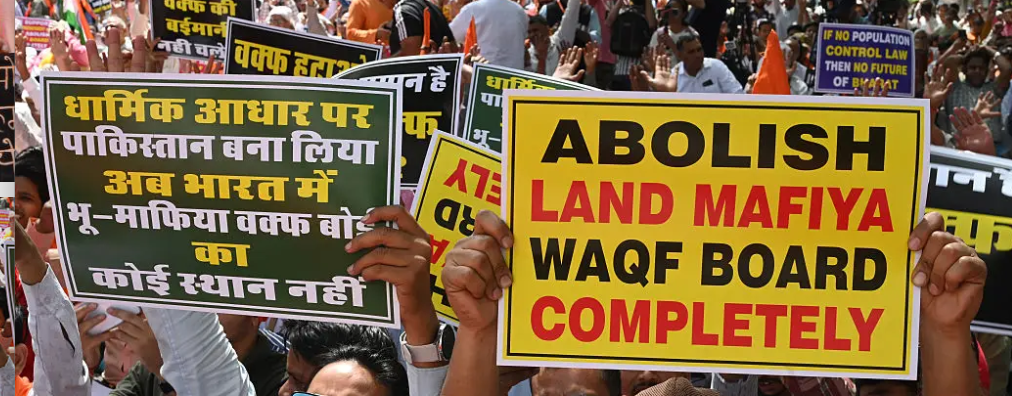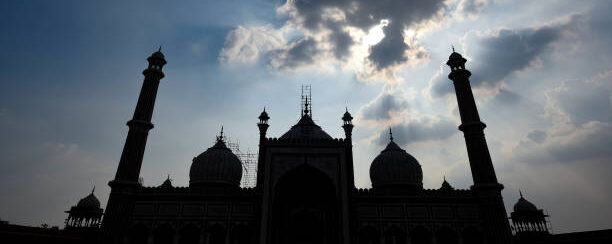Pahalgam Terror Attack 2025: Government Action, Modi’s Response & What’s Next
📰 What’s Happened So Far on the Pahalgam Attack

On April 22, a brutal terrorist attack in Pahalgam, Jammu and Kashmir, left 27 people dead, including 25 Indian nationals. The attackers targeted tourists in a scenic area that’s usually considered peaceful and safe. The news shook the entire nation, and the response from the government has been swift and serious.
🇮🇳 Actions Taken So Far
-
PM Modi Cut Short His Saudi Visit
As soon as the news broke, Prime Minister Narendra Modi ended his Saudi trip early and returned to lead from the front. -
High-Level Security Meeting
Modi chaired a meeting of the Cabinet Committee on Security to evaluate the situation and coordinate the response. An all-party meeting is also set for today to ensure a united front. -
Stricter Border Measures
India has shut down the Attari-Wagah land border with Pakistan. Not just that, the government has also pulled out of the Indus Waters Treaty, a big diplomatic move. -
Pakistani Diplomat Expelled
India summoned Pakistan’s top diplomat in Delhi and expelled certain Pakistani military officials in protest, holding Pakistan-based terror outfits responsible. -
Security Operations Intensified
A large-scale manhunt is underway in and around Pahalgam. Security forces are combing the region, and extra troops have been sent to plug any gaps. -
Focus on Pilgrim Safety
With the annual Amarnath Yatra around the corner—which passes through Pahalgam—the government is reviewing and beefing up security to keep pilgrims safe.
👤 What Has Modi Said?
Modi didn’t mince words. He called the attack a “cowardly and barbaric act” and said clearly, “They will not be spared. Our fight against terrorism is only going to get stronger.” His message was one of determination and resolve.
🕵️♂️ Who’s Behind the Attack?
Investigations point to Saifullah Kasuri aka Khalid, a commander of Lashkar-e-Taiba, a Pakistan-based terror group, as the mastermind. Intelligence agencies are tracking him down as part of the ongoing operation.
🔮 What’s Next? What Will Modi Do?

Knowing Modi’s track record, here’s what can be expected:
-
Tougher counter-terror measures—especially in border areas and Kashmir.
-
More international pressure on Pakistan—India is likely to raise the issue at global forums again.
-
Permanent military presence in sensitive regions like Baisaran Valley to prevent future attacks.
-
A strong retaliation might be in the works—either diplomatically or militarily, depending on how things unfold.
The government is treating this not just as a terror strike but as an attack on the soul of the nation.
So the response will be firm, strategic, and possibly long-term.
want more content?
visit us
Other Website :
Momdadsphere


